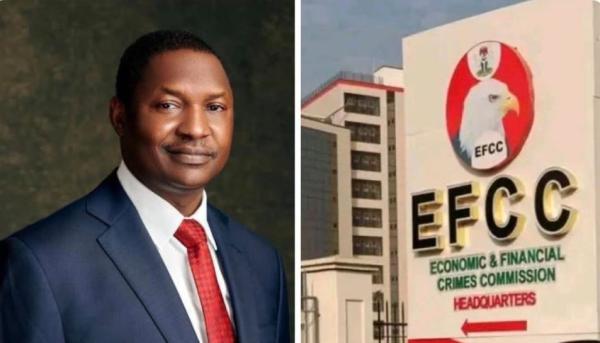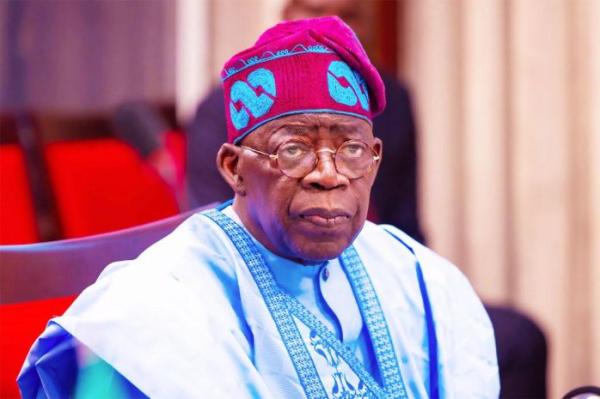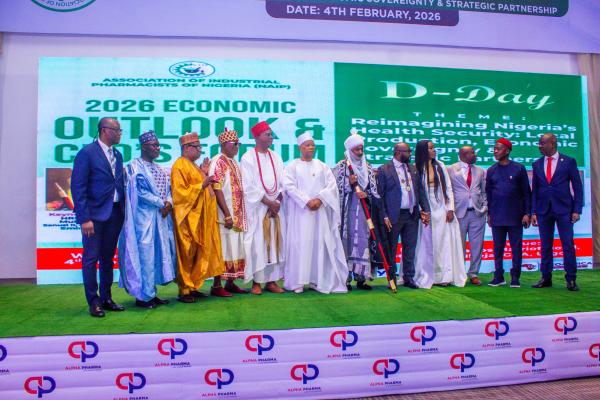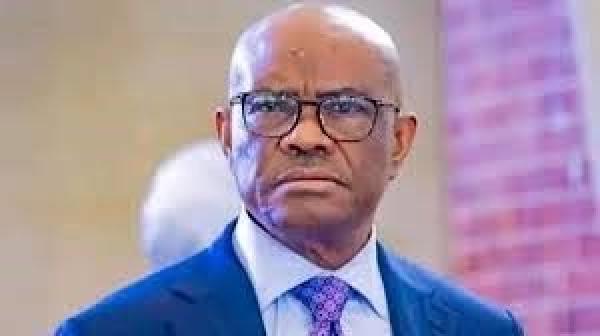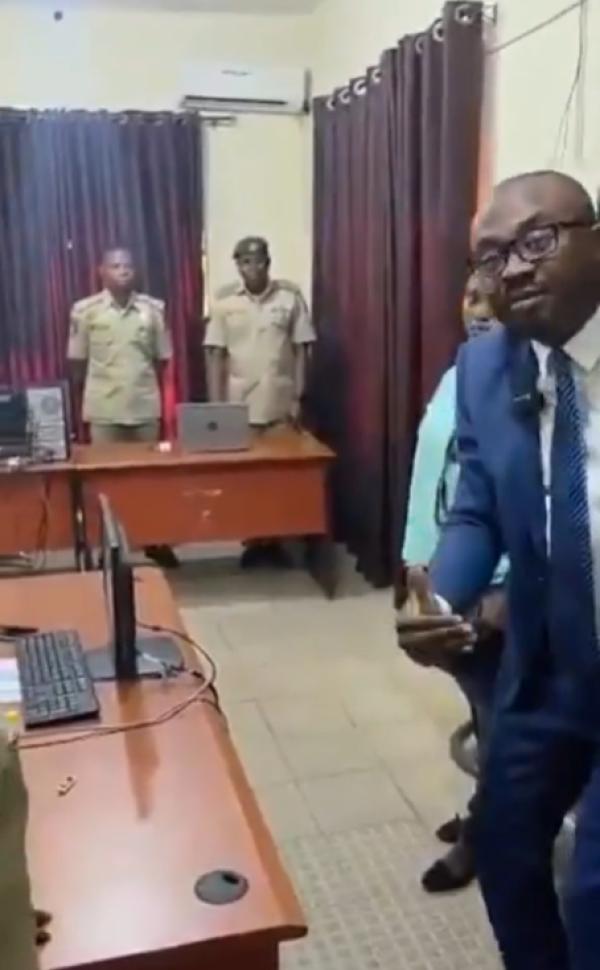
Minister of Education, Mallam Ibrahim Shekarau, is alarmed at the depth of corruption among university graduates. He wondered about the situation during an assessment visit to the University of Lagos. Does Mallam Shekarau live in Nigeria?
“Education is the main engine room for the movement of our nation Nigeria. Education is meant to make us responsible human beings and help us change our attitude for better. We are having more graduates and we are still having more 419 people.
Why should we be having more educated people and more corrupt people?” he asked.
It would be a shock if the Minister’s understanding of corruption in the education system is localised to the behaviour of graduates. Does he know how they became graduates?
Corruption in education is broad and bold. The examining bodies and the admission processes have for years shifted attention from qualified students to extorting money from every candidate who seeks one of the limited available spaces in the universities.
Is the Minister unaware of these? Can he claim ignorance of academic fraud in the universities, the favours lecturers demand to pass students or the routine plagiarism among academic staff, some of who are promoted based on fraudulent credentials?
Last year, the Independent Corrupt Practices and Other Related Offences Commission, ICPC, held a one-day sensitisation workshop on ‘Effects of Corruption in the Nigerian University System’, following petitions from students, members of staff, unions and other stakeholders. Alleged abuses included admission processes, conduct of examinations, appointments and promotion of staff, manipulation and falsification of academic records such as transcripts.
Sexual harassment and victimisation of applicants, syndicated plagiarism by students and staff, delay or non-payment of gratuities and pension, non-adherence to bidding processes in the award of contracts, illegal accreditation processes, running un-approved study centres, affiliating programmes to unaccredited schools, establishing and operating un-approved and consequently illegal universities, were other complaints.
Who would expect graduates of these schools to be different from the system that produced them? In 2012, University of Calabar dismissed five lecturers and demoted 10 others for unwholesome behaviour. Four of the lecturers were involved in plagiarism, the fifth committed financial fraud while the demoted ones obtained promotions through works published in fake journals.
Victor Dike, a US-based Nigerian professor sued two professors of University of Port Harcourt for plagiarism. Prof Dike claimed the accused published his work verbatim, as theirs, in a journal under a different heading.
These few examples are public; hardly any higher institution is spared. If the Minister ignores them and limits his concerns to corrupt graduates, he is only dealing with the consequences of corruption and not causes of a deep-rooted illness in all levels of education.
Source: Vanguard












